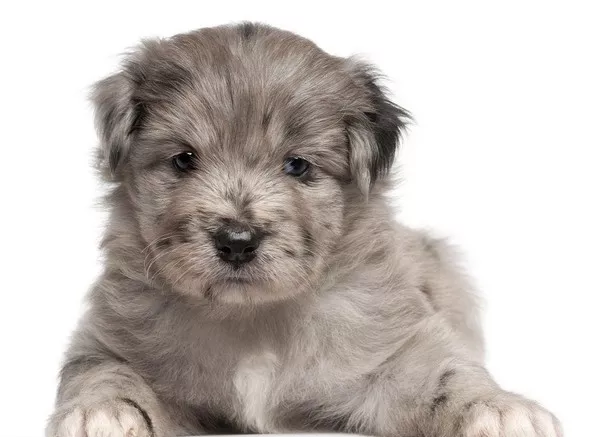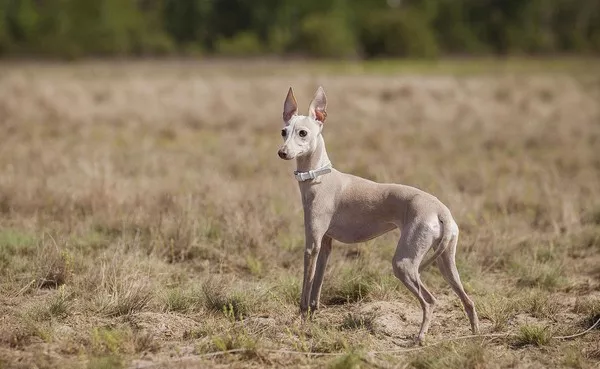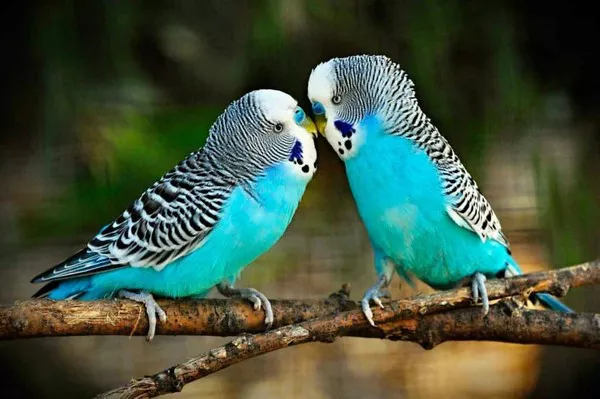When it comes to caring for fish, one of the most common questions that fish keepers have is about feeding. With so many types of fish available as pets, it’s essential to understand the specific dietary needs of each species. Betta fish (Betta splendens) and goldfish (Carassius auratus) are two popular species kept in home aquariums, but do they have compatible diets? Can betta fish eat goldfish flakes? In this article, we will explore the nutritional needs of betta fish, the composition of goldfish flakes, and whether or not it is safe or advisable to feed betta fish these flakes. We’ll also provide a comprehensive guide to maintaining your betta’s health with the right nutrition.
Introduction to Betta Fish
Betta fish, also known as Siamese fighting fish, are a popular species in the aquarium hobby. These beautiful, colorful fish are native to Southeast Asia and are known for their vibrant hues and long, flowing fins. Betta fish are often kept in small aquariums or even individual bowls, which makes them a favorite choice for beginner fish keepers.
Betta fish are carnivorous, which means they primarily eat meat-based foods. In their natural habitat, they feed on small invertebrates such as insects, larvae, and zooplankton. As a result, their digestive systems are optimized for digesting protein-rich foods. It’s essential to feed them a diet that mirrors their natural feeding habits to maintain their health and well-being.
Introduction to Goldfish
Goldfish are another popular choice for home aquariums, especially in outdoor ponds. Goldfish are omnivores, meaning they eat both plant and animal matter. In the wild, goldfish feed on algae, small insects, and other aquatic organisms. In captivity, their diet typically includes a variety of plant-based foods, along with occasional protein sources.
Goldfish come in various sizes and types, from the common goldfish to fancy varieties with distinctive shapes and fins. While they are hardy and adaptable, goldfish require specific care, especially in terms of their diet. Feeding them the right balance of nutrients is crucial to ensure they live a long and healthy life.
Goldfish Flakes: What Are They?
Goldfish flakes are a type of commercial fish food designed specifically for goldfish. These flakes are typically made from a blend of ingredients that include fishmeal, vegetables, and other nutrients to cater to the omnivorous diet of goldfish. The primary goal of goldfish flakes is to provide a balanced, easy-to-digest food source that supports the health and growth of goldfish.
Goldfish flakes come in various formulations, with some containing more plant-based ingredients, while others focus on providing protein from fishmeal or other sources. Goldfish flakes are designed to float or sink slowly in the water, making them easy for goldfish to eat.
Nutritional Needs of Betta Fish
Betta fish are carnivores and have very specific nutritional needs. They require a diet high in protein and low in carbohydrates, as their natural diet consists mostly of small invertebrates. A well-balanced diet for bettas includes:
Protein: Betta fish need protein to support their growth, energy, and tissue repair. Protein should be the primary component of their diet. Common protein sources for bettas include fishmeal, shrimp, and other animal-based ingredients.
Fat: Like protein, fat provides energy for bettas. However, they don’t need as much fat as some other fish species. Too much fat can lead to obesity and other health issues in bettas.
Vitamins and Minerals: Betta fish need a variety of vitamins and minerals, including vitamin A, D, and E, as well as calcium, phosphorus, and iodine. These nutrients are essential for maintaining their immune system, growth, and overall well-being.
Fiber: Although bettas are carnivores, they do need a small amount of fiber in their diet. This helps with digestion and prevents constipation.
A diet consisting primarily of protein-rich foods like betta pellets, live or frozen food (such as brine shrimp, daphnia, or bloodworms), and high-quality frozen foods is ideal. Commercial betta foods are formulated with these nutritional needs in mind.
Nutritional Needs of Goldfish
Goldfish, being omnivores, have different dietary requirements than bettas. Their diet needs to be well-balanced between protein and plant matter. The key components of a goldfish’s diet include:
Protein: Like bettas, goldfish need protein for growth and tissue repair. However, their protein requirements are lower than those of bettas. Protein in the form of fishmeal, worms, and insects is commonly included in goldfish flakes.
Carbohydrates: Goldfish also require carbohydrates for energy. This is where plant-based ingredients come in. Algae, spinach, peas, and other vegetables are common in their diets. Commercial goldfish flakes typically include vegetable matter such as wheat germ, corn, or soybean meal.
Fiber: Goldfish need fiber for digestion. This helps prevent digestive issues and contributes to their overall health.
Vitamins and Minerals: Goldfish need a variety of vitamins and minerals, including vitamin C (which supports the immune system) and calcium (which supports bone health).
Goldfish flakes are designed to provide a balanced mix of these nutrients, ensuring that your goldfish stays healthy and active.
Can Betta Fish Eat Goldfish Flakes?
Now, let’s address the central question: Can betta fish eat goldfish flakes?
The short answer is not recommended. While betta fish may nibble on goldfish flakes, these flakes are not suitable as a regular food source for bettas. Here are several reasons why goldfish flakes are not ideal for betta fish:
Differences in Protein Content: Betta fish require a high-protein diet, often much higher than what is found in goldfish flakes. Goldfish flakes typically have a lower protein content, which may not provide bettas with the nutrition they need to thrive. Betta fish are adapted to eat primarily animal-based protein, which goldfish flakes lack.
Excessive Plant Matter: Goldfish flakes often contain a significant amount of plant matter to meet the dietary needs of goldfish, who are omnivores. While bettas can occasionally eat plant material, it should not make up a large part of their diet. Excessive carbohydrates or plant-based ingredients may lead to digestive issues in bettas.
Lack of Essential Nutrients for Bettas: Goldfish flakes are designed to meet the needs of goldfish, not bettas. As a result, they may lack the specific vitamins, minerals, and amino acids that are essential for bettas. Feeding bettas goldfish flakes regularly may lead to nutritional deficiencies over time.
Risk of Obesity: The fat content in goldfish flakes may be higher than what bettas require, leading to potential health issues, including obesity. This could affect their swim bladder and overall health, potentially causing digestive and metabolic problems.
Size and Texture: Goldfish flakes are generally larger and less palatable for bettas, especially if the flakes are too thick or too big for a betta to easily consume. Betta fish have small mouths and are accustomed to smaller, softer food that sinks slowly in the water or stays on the surface.
What Can You Feed Betta Fish Instead?
Given the nutritional differences between betta fish and goldfish, it’s important to feed bettas a diet specifically designed for them. Here are some suitable options:
Betta Pellets: These are specially formulated to meet the nutritional needs of bettas. They typically contain high-quality proteins, fats, and vitamins essential for bettas’ health. Make sure to choose high-quality pellets from reputable brands.
Live or Frozen Foods: Betta fish thrive on live or frozen foods like brine shrimp, bloodworms, daphnia, and mosquito larvae. These foods closely resemble what bettas would eat in the wild and are an excellent source of protein.
Freeze-Dried Foods: If live food is not an option, freeze-dried foods can be a good alternative. Look for freeze-dried bloodworms, brine shrimp, or other protein-rich foods. Be sure to soak the freeze-dried food in aquarium water before feeding it to your betta to prevent digestive issues.
Occasional Treats: You can occasionally offer your betta small amounts of vegetables, such as peas or spinach, but these should not make up the bulk of their diet. Bettas are primarily carnivorous, and plant matter should only be given as an occasional treat.
Specialty Betta Foods: There are also specialty betta foods available that provide a complete and balanced diet for your betta. These foods are designed to meet their protein, fat, and vitamin needs.
Conclusion
In conclusion, while goldfish flakes are an excellent food source for goldfish, they are not suitable for betta fish. Betta fish have unique dietary requirements that differ significantly from those of goldfish. Feeding them goldfish flakes regularly can lead to nutritional imbalances and health issues. To ensure that your betta fish remains healthy and vibrant, it’s best to feed them a diet that is rich in animal-based proteins and contains minimal plant matter. By choosing the right foods for your betta, you can help them live a long, happy life.
When it comes to maintaining a healthy betta, always prioritize foods that are specifically formulated for their carnivorous diet. High-quality betta pellets, live or frozen foods, and occasional treats like vegetables can provide the necessary nutrients to keep your betta thriving. While goldfish flakes may not pose immediate harm if consumed in small amounts, they are not an appropriate long-term food choice for bettas due to their nutritional composition. By understanding your betta’s dietary needs and providing the right food, you can help ensure they live a long, active, and healthy life in your aquarium.
Related Topics:

























